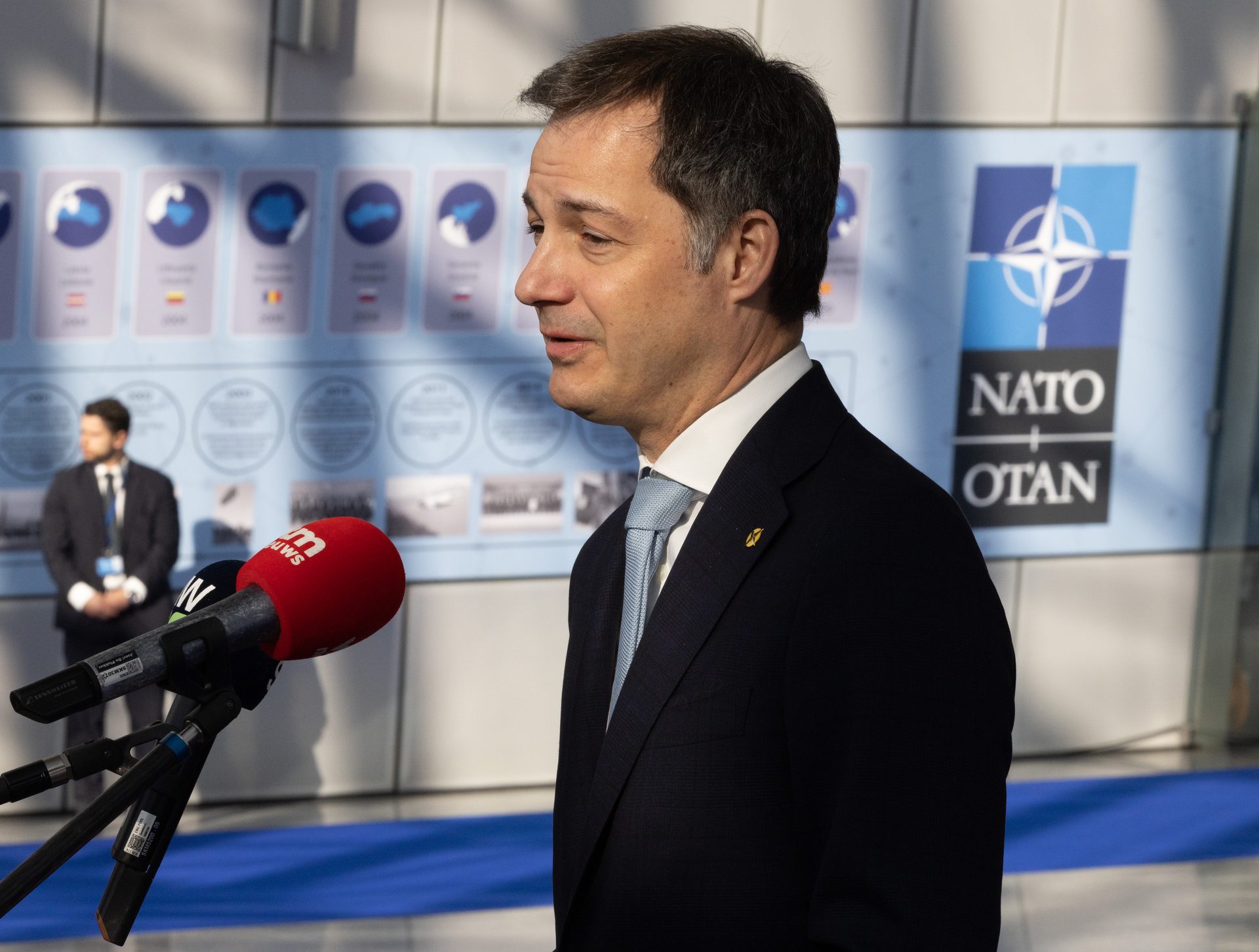Belgium will join the position of other countries against sending supplies of cluster munition to Ukraine during the annual NATO summit this week, the office of Prime Minister Alexander De Croo confirmed.
Just before the annual meeting, the US announced that it would supply 155 mm cluster munitions to Ukraine, despite the fact that over two thirds of NATO Member States have signed a ban on them. Belgium, too, approved the Oslo Convention banning cluster munitions in 2008, and will now join Spain and the UK in opposing the supply to Ukraine.
"Cluster munition does not distinguish between civilians and military targets. We are therefore calling on neither side to use them," a spokesperson for De Croo confirmed to De Morgen. "Our first goal should be to stop Russian use of cluster munition rather than sending such munitions to Ukraine ourselves."
The 155 mm cluster grenades the Americans are set to deliver contain dozens of smaller shells that disperse projectiles when detonated. This would allow Ukraine to damage advancing Russian reinforcements just behind the front, in open territory.
No naivety
The problem with this kind of munition is that there are always components that do not detonate until much later, meaning they can still cause innocent civilian casualties years after the conflict. Human rights organisation Human Rights Watch has frequently observed this in Ukraine.
The Americans claim that their 155 mm grenades have a low failure rate of 2.35%, compared to more than 30% for Russian cluster munition. "Those are just test values, but let's not be naive: every ammunition has a percentage that does not explode," said Tom Simoens, military historian at the Royal Military School.
To allay concerns, Ukraine pledged not to deploy the grenades in Russia or in cities, and to immediately clear liberated territory of unexploded ordnance.
Earlier deliveries of tanks and fighter planes also caused tensions in the alliance, but there was no legal aspect to that whereas the treaty against cluster munitions forces signatories to oppose their use. "I cannot imagine those cluster munitions being allowed to pass through the port of Antwerp," said Simoens.
Related News
- US to supply Ukraine with cluster munitions
- Belgium pledges to almost double its defence spending in the next decade
- NATO: 200 Belgian soldiers leave for Romania to strengthen eastern flank
De Croo will travel to Vilnius (Lithuania) for the summit on Tuesday, along with Defence Minister Ludivine Dedonder and Foreign Minister Hadja Lahbib.
For the first time, Finland will participate as a NATO member in the summit, which is also intended to bring Sweden's accession back on the agenda. This NATO summit also aims to take further steps in Ukraine's future accession to the alliance.

